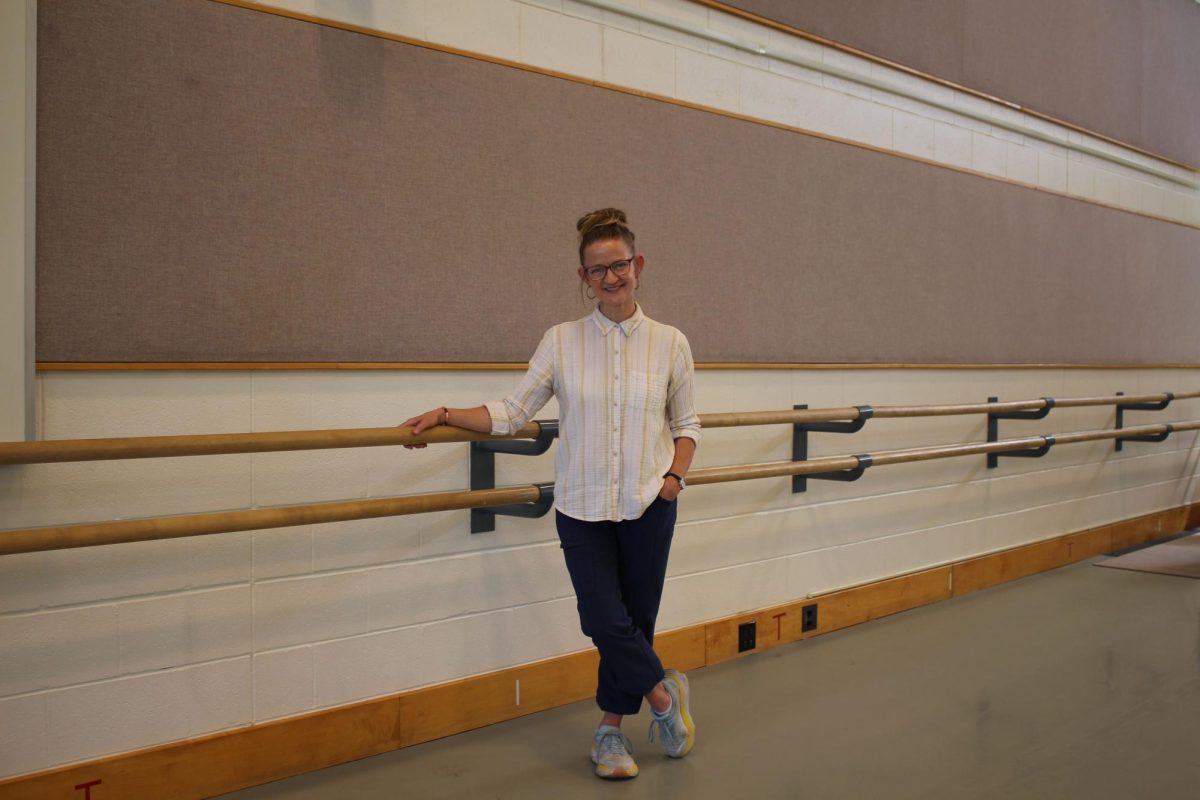Brighton’s Sustainability Program Works Toward Net Zero Emissions
A hiker walks on the snow-filled trail on the Big Cottonwood Canyon on Dec. 29, 2017. (Photo by Abu Asib | The Daily Utah Chronicle)
March 22, 2021
Brighton is one of two ski resorts in Big Cottonwood Canyon. It is known for its laid-back atmosphere, affordable prices and fantastic snow, but as of May 2019, it was the only resort in the Salt Lake Area that had not implemented sustainability measures.
That is changing with their new sustainability program, headed by Erika Kazi, who has been Brighton’s sustainability consultant since summer 2020 while also serving on the Boyne Sustainability Council and the Boyne Sustainability Leads team. The biggest goal of this initiative is to reduce emissions to net-zero by 2030.
“It’s multifaceted and it’s complex and will be an ongoing process that will last longer than the next 9 years—it will be our new way of functioning,” Kazi said.
This new way of functioning implements several green initiatives while minimizing changes to the customer experience. LED lightbulbs have replaced less efficient lighting, tours with an arborist are offered to provide education, and higher efficiency snow-making equipment and lifts should be implemented over the next few years.
Additionally, composting is taking a top priority in the program.
“We’re not doing composting just to wave our green flag and access the highly popular green market,” Kazi said. “We’re doing this because this is our goal, and this is something that we are very passionate about.”
In order to implement composting to its full capacity, bussers separate trash from compostable parts of waste, eliminating the risk of contamination. Brighton is also making an effort to help Solitude develop a composting program in order to make the process even more sustainable for the whole canyon.
Another significant part of the program is the use of renewable energy credits. Boyne, the company that owns Brighton, has purchased RECs, which in turn invest money into green energy. This is a step towards balancing the use of fossil fuels as the initiative plans to “offset 100% of our electrical use.” It is a concept similar to trees being planted to compensate for carbon dioxide that has been released into the atmosphere.
Mackenzie Hobbs, an environmental science student at the University of Utah who has served on the U’s student sustainability board, reflected on the importance of these practices.
“I don’t think Brighton going net-zero emissions is going to save the world… but I think a lot of what it comes down to is protecting the mountain, the surrounding areas, the wildlife on that mountain, the water quality for drinking water for the valley,” Hobbs said.
In the interest of protecting the surrounding areas, Brighton’s sustainability team also plans to implement several carpooling measures to minimize air pollution from guests’ and employees’ commutes through the canyon. While COVID-19 currently limits options, UTA vanpools and the Ride App will be available when it becomes safe to carpool. State funding also just passed that will allow for electrical vehicle charging stations at the mountain and an electric shuttle to transfer guests from the far parking lot.
Education also plays a huge role in the program. The Ski with an Arborist program is just one example of that advocacy and education. By bringing guests on a free tour to learn about the trees that they ski through, they are given a deeper connection to the land and nature that provides them with entertainment.
“We believe that advocacy is one of the most essential aspects of sustainable development,” Kazi said.







